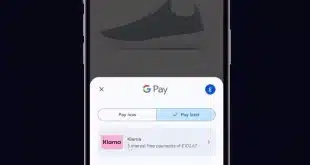After PayPal Holdings Inc. in July signed a sweeping agreement with Visa Inc., and in September reached a similar deal with MasterCard Inc., giving PayPal access to the card networks’ token engines and thereby new access to the physical point of sale, observers wondered when the other shoe would drop. It dropped Thursday with an announcement from PayPal that it has signed a deal with Citigroup Inc. that will allow Citi cardholders to load digital versions of their cards into a PayPal wallet and use them at merchant locations equipped with contactless terminals. Citi manages private-label as well as Visa-branded card portfolios worldwide.
At the same time, PayPal announced an agreement with Fidelity National Information Services Inc. that will allow PayPal potentially to reach cardholders of the processors’ thousands of financial-institution clients. The deal’s account-linking capability will allow these cardholders to load their cards into PayPal accounts and track both their PayPal and bank account activity on the same online banking site.
The Citi and FIS agreements are expected to take effect first in the United States during the course of 2017, according to Marino’s post.
The July PayPal-Visa deal is also aimed at reducing PayPal’s reliance on the automated clearing house for account funding and increasing its use of card funding, including digital representations of cards within PayPal wallets.





